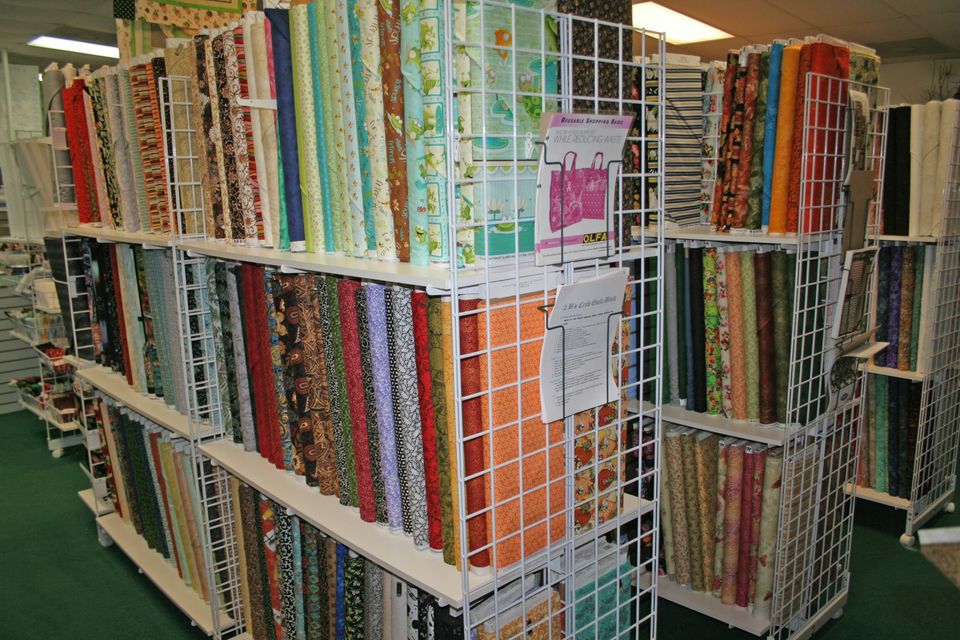How To Prepare Your Fabrics
After you've planned your quilt and purchased all your supplies, the next decision you must make is whether or not to wash your fabrics. Many quilting instructions will insist you pre-wash your fabrics while others will tell you this step is not necessary. So what is a quilter to do? For the most part, it's a personal choice. Here are some tips to help you decide for yourself.
You should pre-wash your fabrics if you are making a quilt with a distinct design that will lie or hang flat, such as a bed quilt, wall hanging, or table runner. Fabrics may shrink, causing your project to pucker or wrinkle. Pre-washing is also necessary for dark colors, reds, and hot pinks, which are likely to bleed and should be washed several times before beginning your project. In addition, if you have sensitive skin or allergic to chemicals or dyes, you should pre-wash your fabrics to avoid skin irritation.
You can avoid pre-washing if you'd like your quilt to have that worn-in look after you've washed it the first time. The puckering and wrinkling that occurs will give it a vintage look some quilters prefer. If your project is for display only and you don't anticipate ever having to wash it, you can definitely skip the pre-wash. If you have just enough fabric for your project and you won't be able to obtain more, avoid pre-washing. Some fabrics unravel when washed, and you could lose valuable needed inches.

